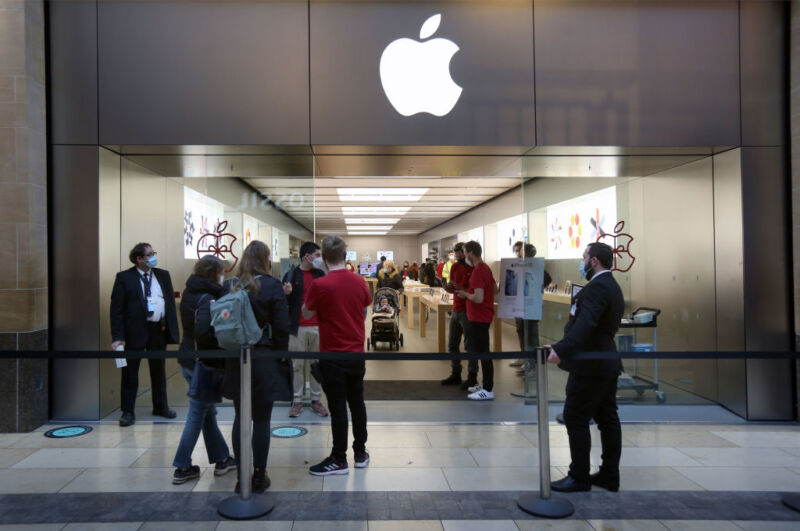SEC rejects Apple’s bid to block three shareholder proposals

The Securities and Exchange Commission has rejected Apple’s petition to block three shareholder proposals from going to a vote at its next annual meeting—a win for activists that signals trouble for other US companies hoping the regulator will allow them to fend off unwanted attention.
The resolutions call for detailed reports regarding allegations of forced labor in Apple’s supply chain, explanations of why certain apps are deleted from the App Store in China, and a public report of what risks the iPhone maker could face by allegedly using nondisclosure agreements in the context of workplace harassment and discrimination.
The Financial Times reported in October that Apple asked the SEC for permission to block six shareholder petitions, the highest amount of proposals the company has had since 2017. Apple’s reasoning was that it had “substantially implemented” what the petitioners were asking for. Of the remaining three proposals, one was rejected and two remain outstanding.
The SEC’s rejection letters to Apple, seen by the FT and expected to be published as early as Wednesday, said the company’s current policies and procedures “do not compare favorably” with the proposals.
Apple, which is expected to hold its annual meeting in the first quarter of 2022, declined to comment.
The SEC’s response to Apple could bode poorly for other companies. Last month, the regulator changed its policies to make it harder for companies to win regulatory support to reject investor petitions.
Following the SEC changes, more companies appear to be acquiescing to activist demands. A fourth Apple petition regarding the “right to repair” its products has already been resolved after the company last month announced it would launch a program to help customers repair their devices. Goldman Sachs this week also published a report about forced arbitration after an investor proposal demanded more information about the bank’s policies.
To combat the app removal shareholder proposal, Apple argued that its annual Transparency Report detailed how many apps were taken down in China. But those reports were “woefully lacking,” said Joshua Brockwell, who filed the resolution on behalf of Azzad Asset Management.
“They love to aggregate numbers, but what does that mean?” he asked. “There’s not enough insight if you’re an investor motivated by human rights values.”
He added that the names of removed apps were not divulged, and it could “boggle the mind” why apps ostensibly made for reading the Bible or the Quran were deleted from the App Store—the only mechanism users have to get apps onto an iPhone.
© 2021 The Financial Times Ltd. All rights reserved Not to be redistributed, copied, or modified in any way.
https://arstechnica.com/?p=1822224